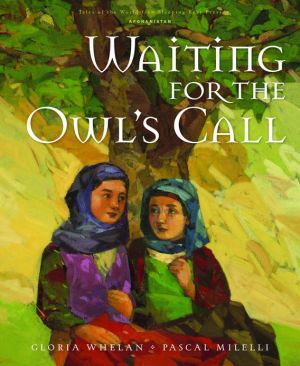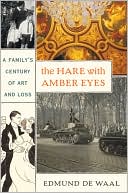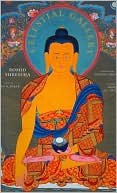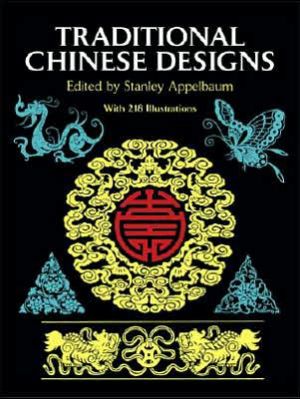Waiting for the Owl's Call
Search in google:
\ Children's Literature - Mary Hynes-Berry\ This offering from the "Sleeping Bear's Press Tales of the World" series focuses on the experiences of an eight-year-old Turkastani girl in Afghanistan who works as a rug weaver. Through Zulviya's eyes, we learn of the hard work and skilled workmanship that goes into weaving this culture's fine rugs. We are also helped to appreciate that even as one works to increase their ability and skill level in crafting traditional-style rugs, it is possible to aspire to create a unique pattern that will honor the tradition. Milelli's impressionistic illustrations are dotted with elements of rug weaving craft, such as balls of yarn and looms. An afterword provides information about some of the not-for-profit organizations that offer a world market for rugs and other handcrafts. At this contentious point in history, there is real value to be found in an informational book that ignores the country's difficult political situation and focuses on the humanity and strengths of the Afghani people. Reviewer: Mary Hynes-Berry\ \ \ \ \ School Library JournalGr 2–5—Eight-year-old Zulviya lives in Afghanistan. She, her sister, and her cousin all join the women and girls of the village in weaving rugs all day. The work is hard on their hands, on their eyes, and on their legs and feet as they tie knots, stare at the loom, and sit for hours working with rough wool. Zulviya weaves her mother's and grandmother's pattern, but "the second pattern I weave in my head. It is all my own." In her daydreams, her patterns are filled with the sights, sounds, and things she likes, such as mulberries, "which would take away our thirst, but we are not allowed to eat them. The juice would stain our fingers." In reality, when her fingers bleed, her mother binds them so the blood does not get on the rug. At lunch, Zulviya and her sister speak of school, but school is a two-day walk from her village. By story's end, Zulviya's back aches, her fingers stumble, and the pattern in her mind is gone. She waits to hear the owl, because its call means that she is finished for that day. This sad, poignant story, accompanied by Milelli's large, evocative paintings, portrays the stolen childhoods of youngsters involved in illegal child labor. An author's note informs readers that many of the beautifully woven rugs sold today are made by child workers like Zulviya.—Mary N. Oluonye, Shaker Heights Public Library, OH\ \








